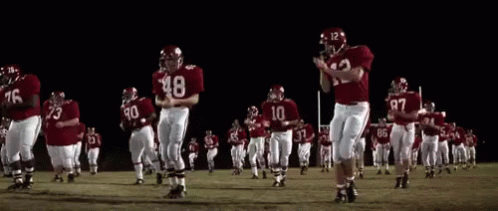Ever heard that sports build a kid’s character? It might just be selection bias, according to a new study:
We revisit the literature on the long-run effects of high school sports participation on educational attainment, labor market outcomes, and adult health behaviors. Many previous studies have found positive effects in each of these dimensions by either assuming that sports participation is exogenous (conditional on other observable characteristics), or by making use of instrumental variables that are unlikely to be valid.
We analyze three separate nationally representative longitudinal surveys that link participation in high school sports with later-life outcomes: the NLSY79, the NELS:88, and the Add Health. We employ an econometric technique that empirically tests the sensitivity of the selection on observables assumption and find that estimates of the returns to sports participation are highly sensitive to this assumption. Specifically, we find that, for most educational and labor market outcomes, if the correlation between sports participation and unobservables is only a fraction of the correlation between sports and observables, the effect of sports participation cannot be statistically differentiated from zero. Thus, we conclude that a causal effect of sports participation is unlikely, and that most of the findings of the literature that report beneficial impacts represent the effect of selection into sports.
…Our largely null results inform the policy debate on high school sports by providing evidence against claims that sports foster skills that improve educational or labor market outcomes. However, despite having very little human capital value, sports may still have a place in high school as a social or cultural activity. We generally confirm the assertion of sports commentator Heywood Hale Broun, who said, “Sports reveals character, it doesn’t build it” (Phillips, May 12, 1974) (pgs. 19-20).
The exception? Guys–and just guys–who participated in sports are more likely to exercise regularly as adults.
